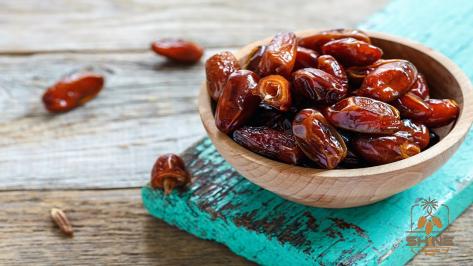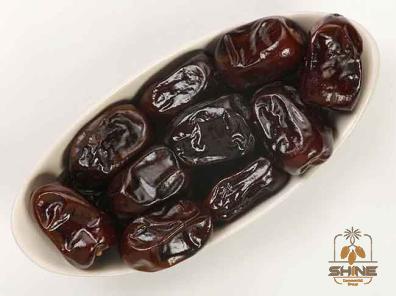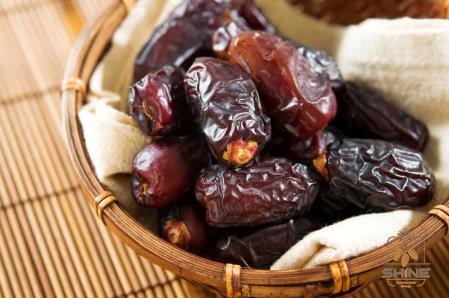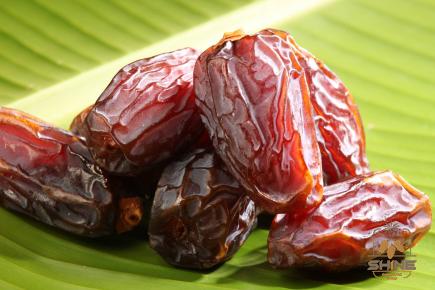When it comes to incorporating sweetness and nutritional benefits into our diets, dates have proven to be a popular choice. However, the varieties of dates available in the market can be overwhelming, leading to confusion about their differences and qualities. In this article, we will explore the distinctions between two notable date varieties: Medjool dates and Chinese dates. By understanding their origins, taste profiles, nutritional values, and culinary uses, you can make an informed decision about which date variety is best suited for your needs. 1. Medjool Dates: 1.1 Origin and Cultivation: Medjool dates, also known as the “King of Dates,” have a rich history dating back centuries. Originating from Morocco, these dates were traditionally reserved for Moroccan royalty. Today, they are predominantly grown in the United States, Israel, and Saudi Arabia, primarily due to their resistance to disease and versatility in cultivation.
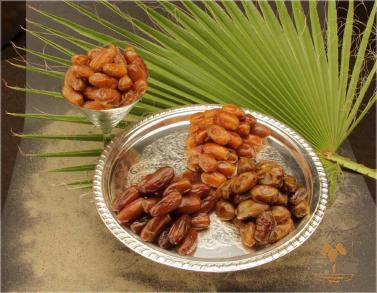
.
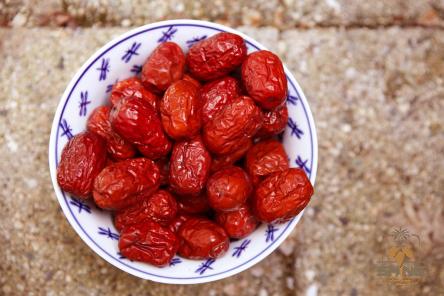 1.2 Taste and Texture: Medjool dates boast a distinct and luxurious taste. They are known for their lusciously sticky texture, making them a delight to bite into. These dates have a sweet caramel-like flavor with subtle hints of toffee and cinnamon. Their soft and chewy nature contributes to their popularity as a snack or sweet ingredient in various recipes. 1.3 Nutritional Benefits: Medjool dates are packed with nutritional goodness.
1.2 Taste and Texture: Medjool dates boast a distinct and luxurious taste. They are known for their lusciously sticky texture, making them a delight to bite into. These dates have a sweet caramel-like flavor with subtle hints of toffee and cinnamon. Their soft and chewy nature contributes to their popularity as a snack or sweet ingredient in various recipes. 1.3 Nutritional Benefits: Medjool dates are packed with nutritional goodness.
..
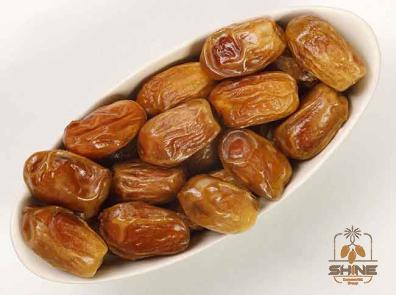 They are a rich source of fiber, vitamins (such as B6, magnesium, and potassium), and antioxidants. The natural sugars found in Medjool dates give them an energy-boosting property, making them a favorite among athletes and fitness enthusiasts. Additionally, they are known to aid digestion and promote a healthy heart. 1.4 Culinary Uses: Beyond being consumed as a healthy snack on their own, Medjool dates lend themselves exceptionally well to culinary applications. They can be used to make date pastes for desserts, incorporated into baked goods, or stuffed with various fillings like nuts or cheese. Medjool dates can even be blended into smoothies or used as a natural sweetener in sauces, dressings, and marinades.
They are a rich source of fiber, vitamins (such as B6, magnesium, and potassium), and antioxidants. The natural sugars found in Medjool dates give them an energy-boosting property, making them a favorite among athletes and fitness enthusiasts. Additionally, they are known to aid digestion and promote a healthy heart. 1.4 Culinary Uses: Beyond being consumed as a healthy snack on their own, Medjool dates lend themselves exceptionally well to culinary applications. They can be used to make date pastes for desserts, incorporated into baked goods, or stuffed with various fillings like nuts or cheese. Medjool dates can even be blended into smoothies or used as a natural sweetener in sauces, dressings, and marinades.
…
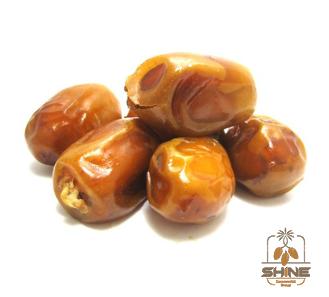 2. Chinese Dates: 2.1 Origin and Cultivation: Chinese dates, also referred to as jujubes, have a history that dates back more than 4,000 years. Native to China, these dates are now cultivated in various regions, including Korea, India, and the Middle East. The Chinese regard jujubes as a symbol of good luck and often use them in traditional medicinal practices. 2.2 Taste and Texture: Jujubes have a unique taste that distinguishes them from other date varieties. They have a slight tartness, combined with a mild sweetness. Their texture is firm and chewy, often likened to that of an apple or a cross between a date and an apple. This texture makes them a pleasing and refreshing option for those seeking a different date experience. 2.3 Nutritional Benefits: Chinese dates are not only tasty but also highly beneficial for our health. They contain high levels of vitamin C, phytonutrients, and antioxidants. Jujubes are known for their ability to boost immunity and improve sleep quality. They are also considered beneficial for digestion and have even been used as a natural remedy for anxiety and stress relief. 2.4 Culinary Uses: Chinese dates have various culinary applications. In Chinese cuisine, these dates are often used to enhance the flavors of savory dishes. They can be added to soups, stews, and stir-fries, imparting a mild sweetness to balance out savory and spicy elements. Additionally, Chinese dates can be dried and used in teas, desserts, and confectionery.
2. Chinese Dates: 2.1 Origin and Cultivation: Chinese dates, also referred to as jujubes, have a history that dates back more than 4,000 years. Native to China, these dates are now cultivated in various regions, including Korea, India, and the Middle East. The Chinese regard jujubes as a symbol of good luck and often use them in traditional medicinal practices. 2.2 Taste and Texture: Jujubes have a unique taste that distinguishes them from other date varieties. They have a slight tartness, combined with a mild sweetness. Their texture is firm and chewy, often likened to that of an apple or a cross between a date and an apple. This texture makes them a pleasing and refreshing option for those seeking a different date experience. 2.3 Nutritional Benefits: Chinese dates are not only tasty but also highly beneficial for our health. They contain high levels of vitamin C, phytonutrients, and antioxidants. Jujubes are known for their ability to boost immunity and improve sleep quality. They are also considered beneficial for digestion and have even been used as a natural remedy for anxiety and stress relief. 2.4 Culinary Uses: Chinese dates have various culinary applications. In Chinese cuisine, these dates are often used to enhance the flavors of savory dishes. They can be added to soups, stews, and stir-fries, imparting a mild sweetness to balance out savory and spicy elements. Additionally, Chinese dates can be dried and used in teas, desserts, and confectionery.
